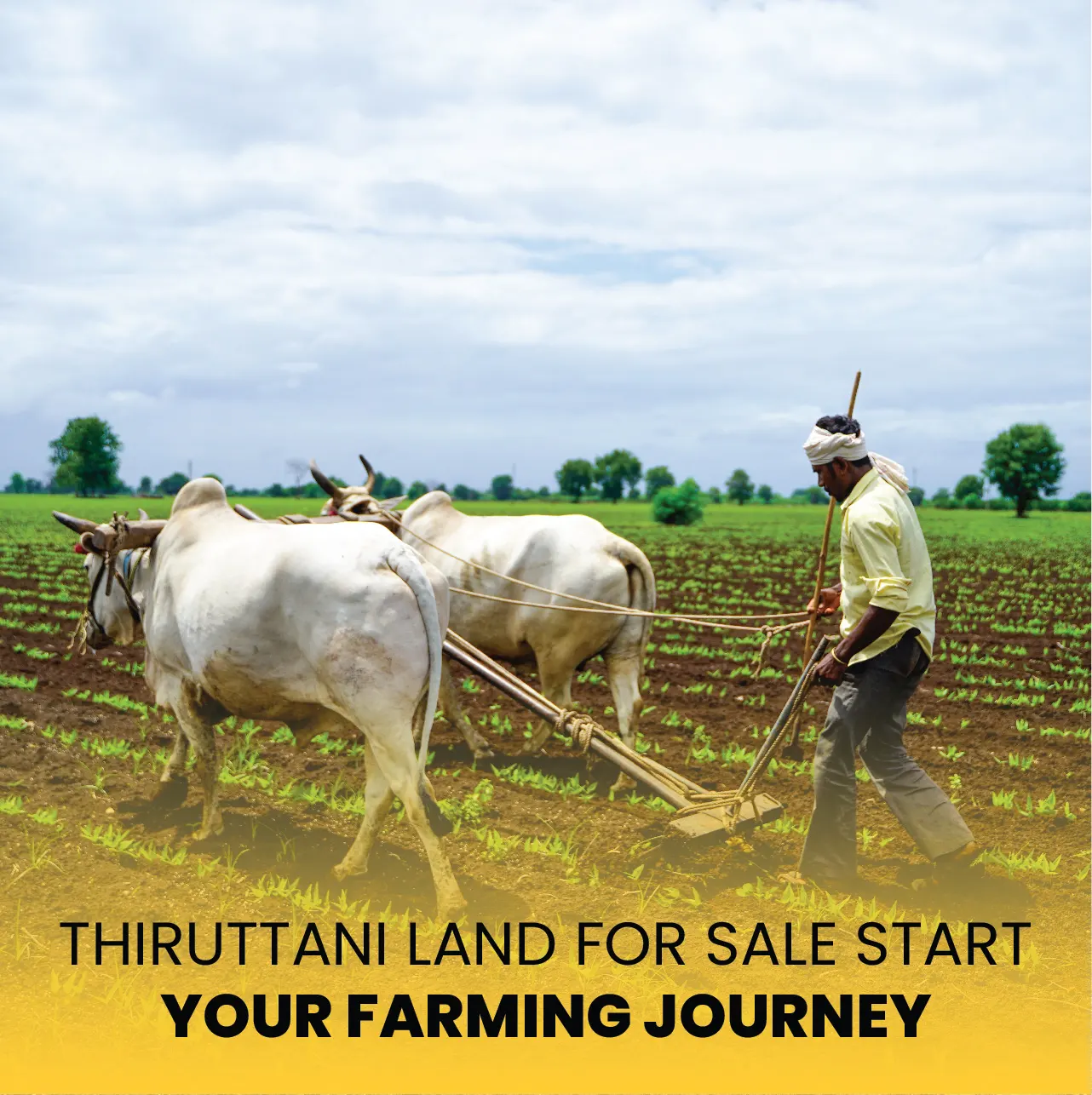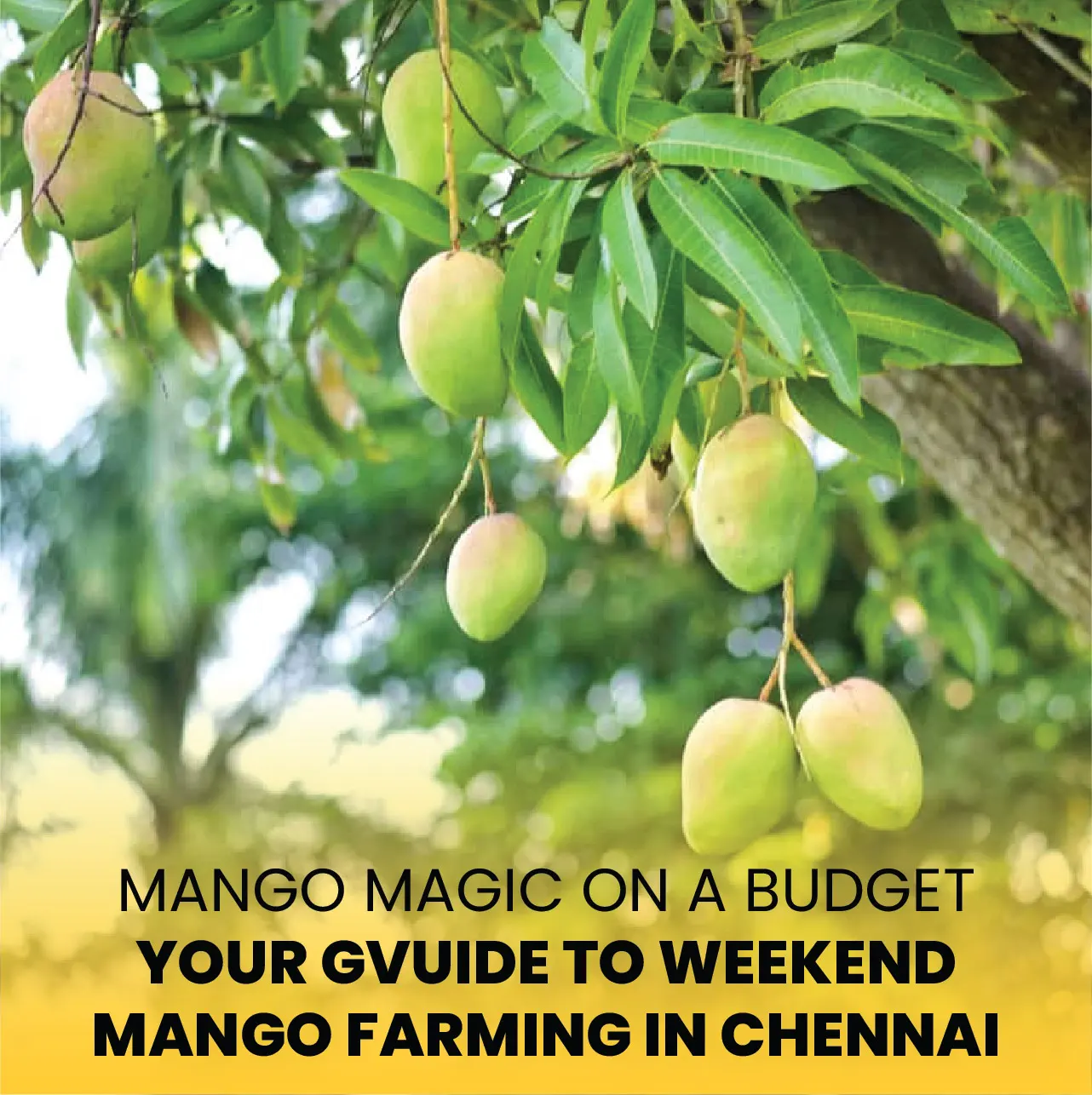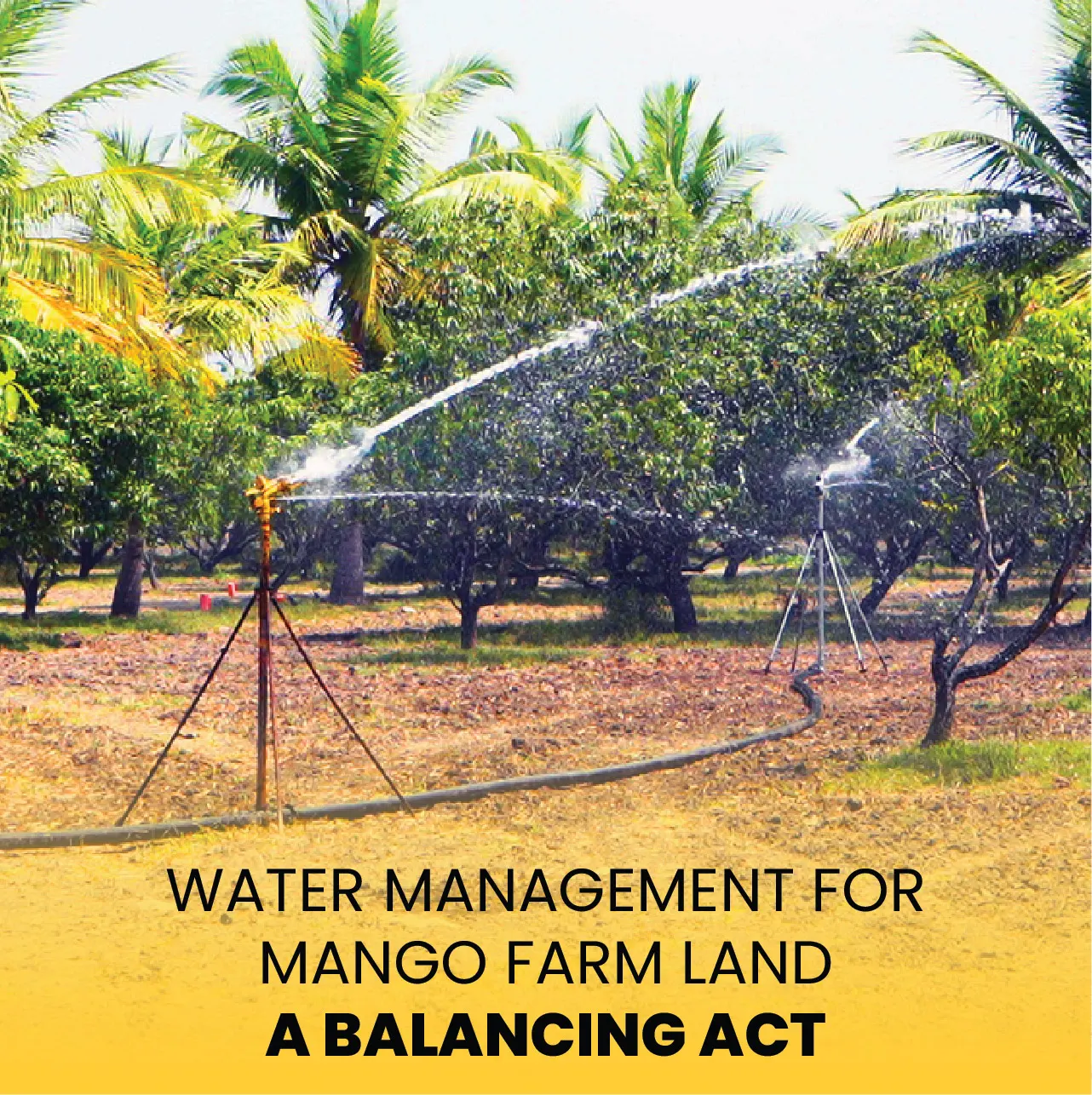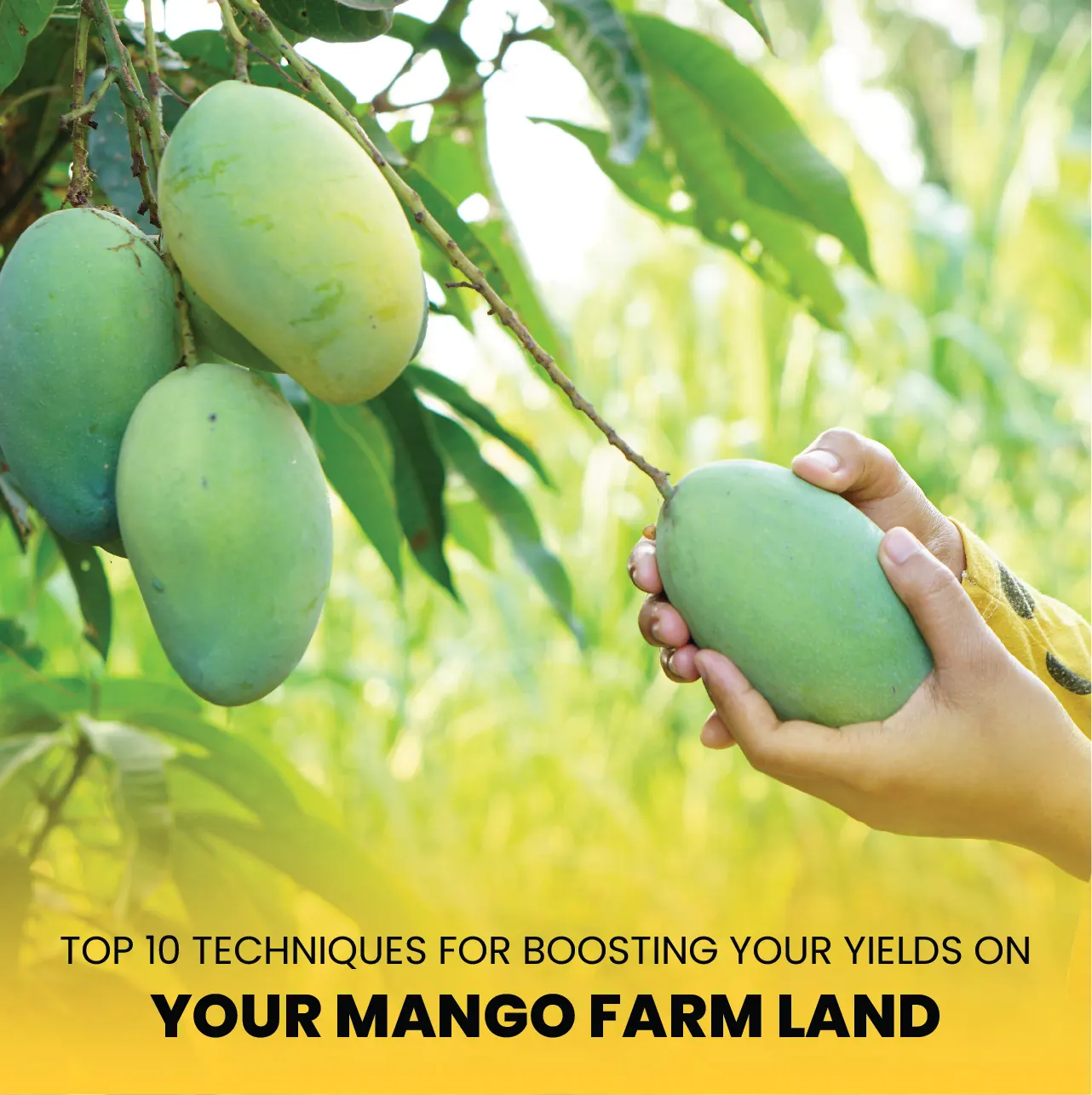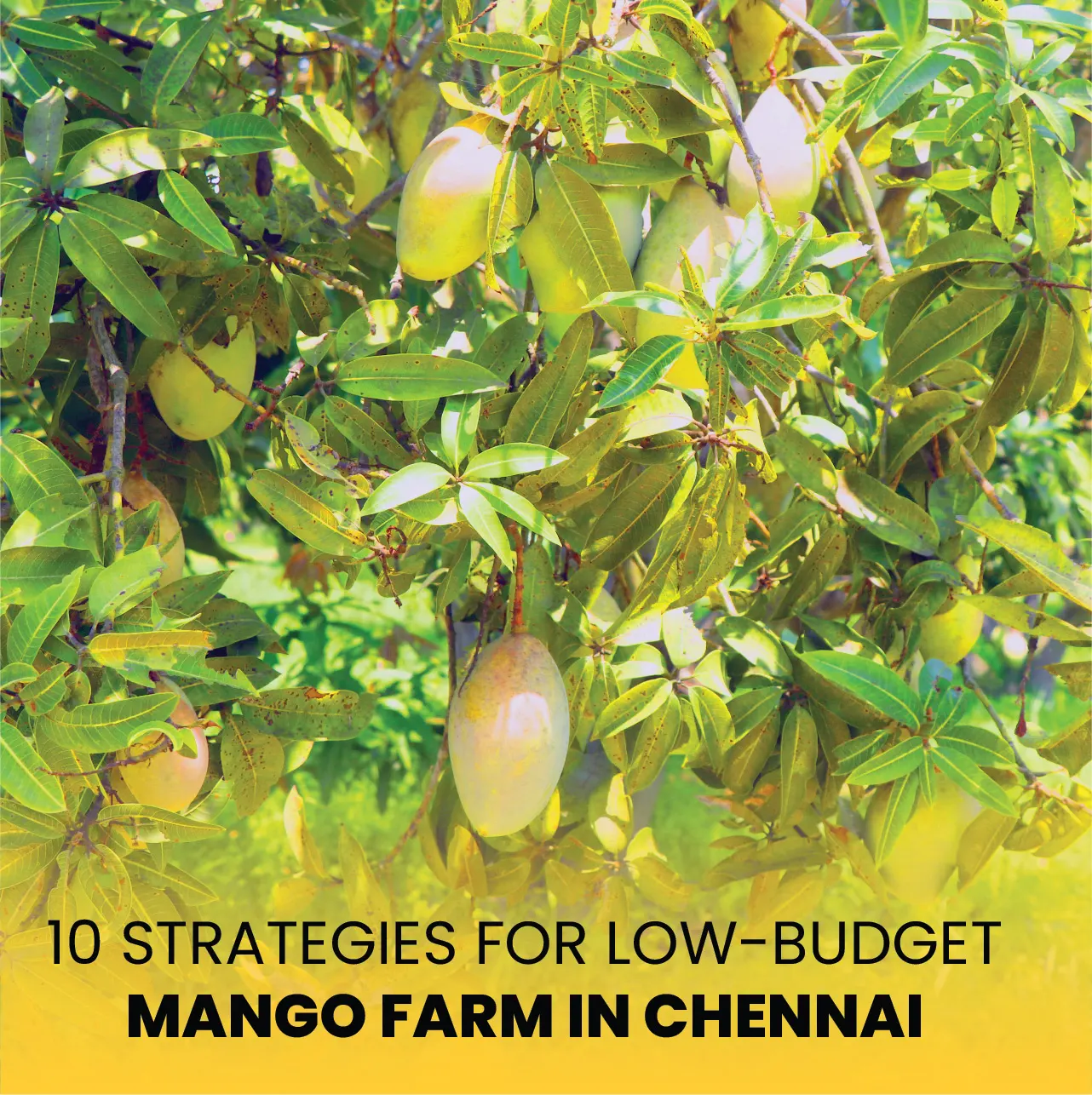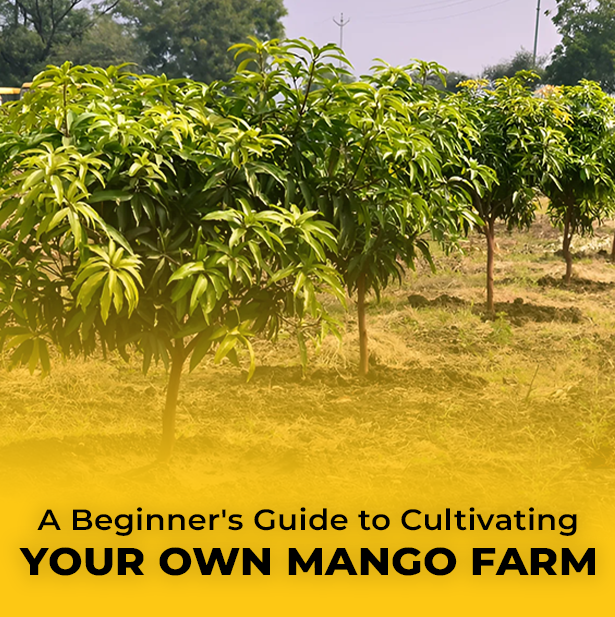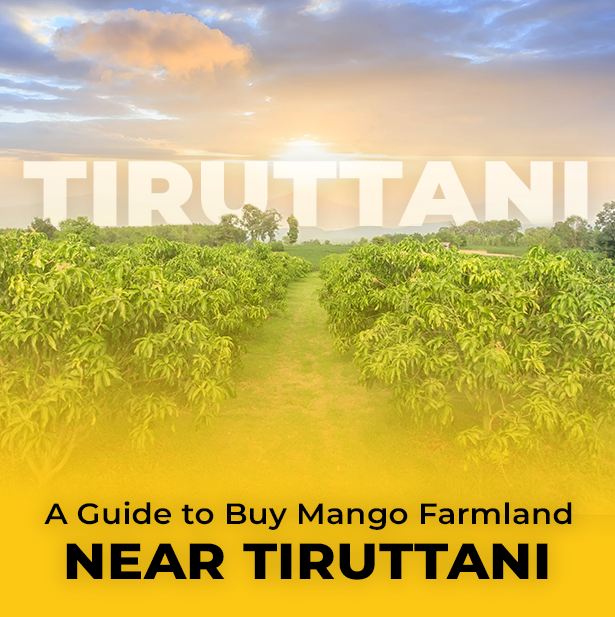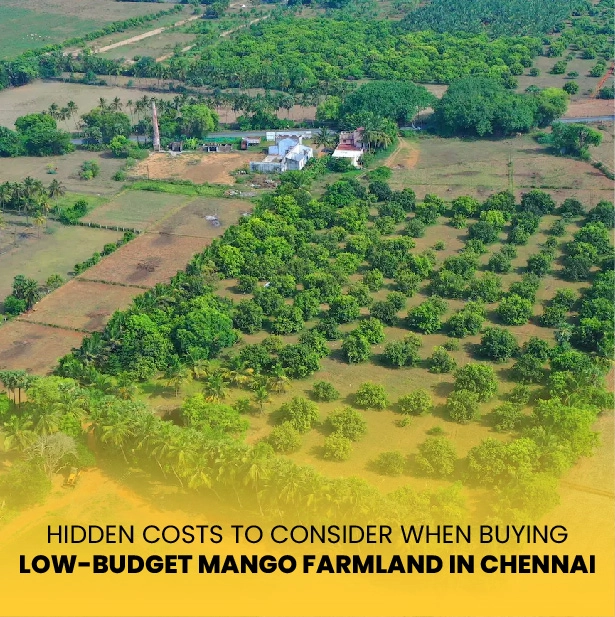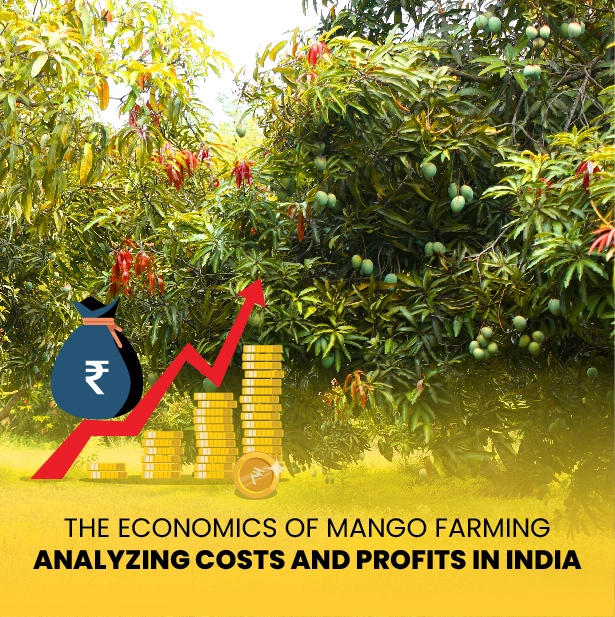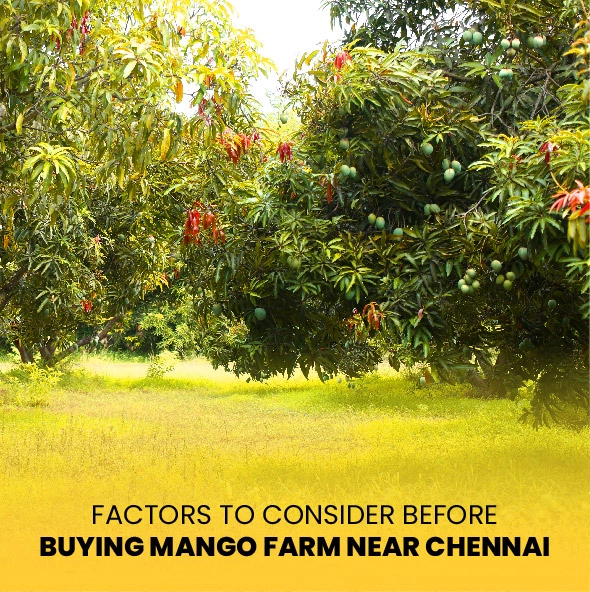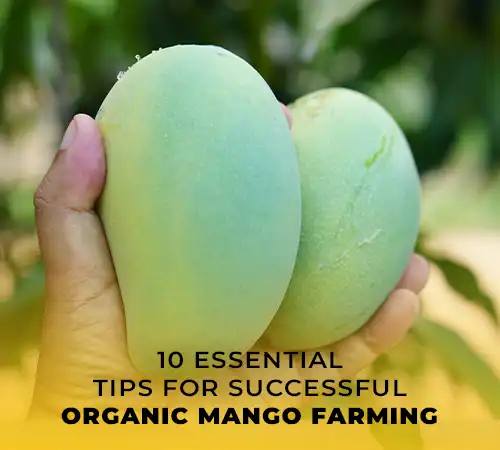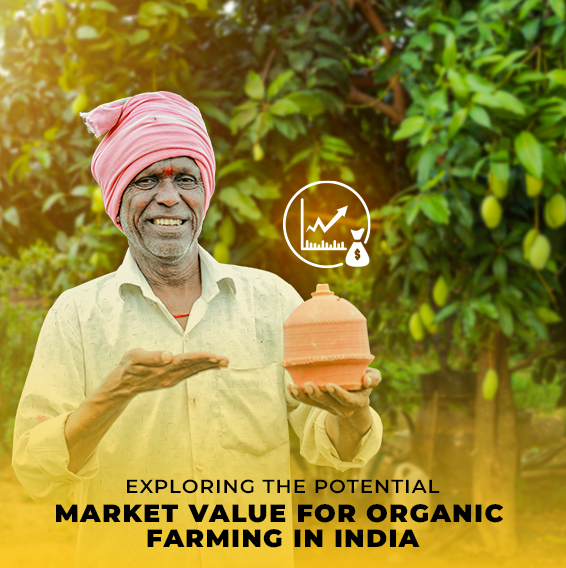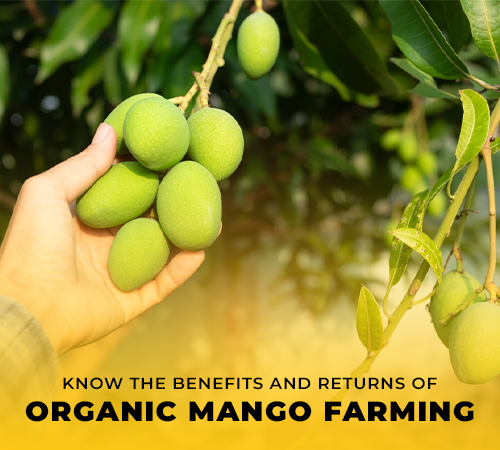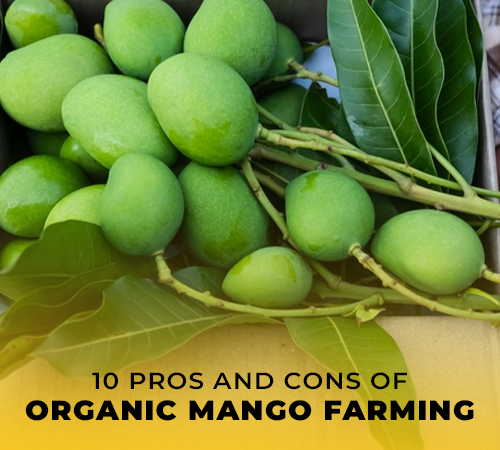The Chinta Mango is the first mango variety to be formally recognised under the Protection of Plant Varieties and Farmers' Rights Authority (PPVFRA) in New Delhi, therefore accomplishing a historic first for Indian farming. In addition to honouring the originality of the Chinta Mango, this historic registration highlights the need to conserve local agricultural varieties for future generations. The accomplishment of this project marks a significant advance in safeguarding farmers' rights and advancing agricultural innovation all throughout India.

The successful registration of the Chinta Mango would not have been possible without the relentless work of the Port Blair-based ICAR-Central Island Agricultural Research Institute (ICAR-CIARI). Emphasising the preservation and promotion of indigenous plant species, this esteemed institute has led front-stage in agricultural research. Their partnership with Shaheed Dweep's innovative farmer, Chintaharan Biswas, formerly known as Neil Island, has placed the Chinta Mango front and centre.
Chintaharan Biswas has long been a fervent supporter of creative and environmentally friendly farming methods. Under his careful tending, the Chinta Mango has thrived in his orchard, which features about 100 mango trees. Biswas carefully collaborated with ICAR-CIARI over years to record, enhance, and market this unique mango variety. Achieving this historic mark has been mostly dependent on his commitment to produce a variety that is both special and desirable. The Chinta Mango's registration under PPVFRA is a just acknowledgement of his work.
The Chinta Mango distinguishes itself from other mango kinds by means of a special mix of taste, appearance, and health advantages. One of the most noticeable features of this variety is its purple peel during the unripened stage, a rare quality that sets it apart from other mango kinds, usually showing green or yellow skin right away. This distinctive hue has attracted the attention of both consumers and scientists equally, therefore enhancing its market attractiveness.
The Chinta Mango is rather big; individual fruits weigh between 300 and 400 grams. For those who like a soft, simple-to-eat mango, its vivid yellow pulp is sweet, smooth, and low in fibre. Further boosting its appeal as a delightful, dessert-quality fruit are 19.6°B's high Total Soluble Solids (TSS) content, which implies a great degree of natural sugars.
Chinta Mango is loaded with nutrients even beyond its delicious taste. Extensive studies carried out by ICAR-CIARI have shown that this cultivar is rich in carotenoids, flavonoids, and ascorbic acid compounds that help to explain its great antioxidant action. To neutralise damaging free radicals in the body, boost general health, and stop chronic diseases, antioxidants are absolutely vital. The great antioxidant concentration of the Chinta Mango enhances its value as a functional food with possible health advantages, therefore enhancing its marketability.
Chinta mango is especially remarkable in that it is polyembryonic, which lets it create several seedlings from one seed. This quality guarantees the maintenance of the special genetic features of the variety and gives farmers the benefit of keeping the genotype pure by means of seed distribution. This unique property gives the Chinta Mango a great help in the agricultural environment since it guarantees the constant quality of the fruit and simplifies the growing technique.
At a special event at ICAR-CIARI in Port Blair, Dr. Himanshu Pathak, Secretary (DARE) & Director General (ICAR), delivered the registration certificate to Chintaharan Biswas, therefore officially acknowledging the Chinta Mango. For the Chinta Mango as well as for Indian agriculture generally, this historic event opens a new chapter. Years of research, effort, and teamwork between Biswas and ICAR-CIARI, who together sought to satisfy the strict standards imposed by PPVFRA for registration, have come to pass.
The registration process was supervised in great part by Director of ICAR-CIARI, Dr. Eaknath B. Chakurkar. Under his direction, the institute thoroughly morphologically and biochemically characterised the Chinta Mango to guarantee that variety satisfied all required criteria. Apart from a personal victory for Biswas, the registration of the Chinta Mango marks a significant success for ICAR-CIARI, which now sets a standard for the registration of additional indigenous varieties.
The registration of the Chinta Mango for farmers all throughout India, especially those who grow indigenous varieties, under PPVFRA signals a sea change. In a market going more and more competitive, the PPVFRA gives farmers legal protection for their distinctive agricultural goods, therefore safeguarding their rights. Recognising the Chinta Mango, PPVFRA is conveying a strong message about the need for preserving and advancing indigenous varieties, which are sometimes in danger of being eclipsed by commercial crops.
This historic registration is expected to have broad effects, for the Chinta Mango but for other unusual fruit and crop kinds that might now take the same road. Farmers who have been growing and conserving local variety for decades now have a model to follow in asking for acknowledgement and defence of their own goods. This creates fresh chances for market access both inside India and beyond, allowing farmers to sell their distinctive variances at top rates.
Now formally acknowledged, the Chinta Mango is likely to attract further interest in both home and foreign markets. Its unique qualities, together with the health advantages it provides, make it a very appealing product that can draw a broad spectrum of buyers. Chinta Mango has a chance to carve out its own niche in the worldwide market given the growing need for organic, nutritious, and unusual fruits.
The appreciation of Chinta Mango additionally highlights the part agricultural research plays in fostering creativity and financial expansion. By means of cooperation with organisations like ICAR-CIARI, farmers can acquire the knowledge and tools required to create new products, raise output, and enhance crop quality. Chinta Mango's success shows other farmers and academics that indigenous varieties can survive but flourish in contemporary markets with the correct backing.
It is amazing that the Chinta Mango registered under the PPVFRA shows the strength of cooperation between committed research institutes and innovative farmers. With this milestone, indigenous agricultural varieties will have a new benchmark for conservation and promotion, and farmers like Chintaharan Biswas will have a justified forum for acknowledgment. Emphasising the need to conserve India's rich agricultural diversity, the Chinta Mango creates the path for other unusual crops to follow suit as it develops popularity in both home and foreign markets.
This result also emphasises the vital role companies like ICAR-CIARI play in enabling farmers and driving agricultural creativity. Such collaborations where research and practical farming combine to generate chances for worldwide recognition and sustainable development will shape Indian agriculture going forward. From a local variety to an officially registered product, the Chinta Mango's path demonstrates what can be accomplished with commitment, creativity, and support of farmers rights.
Moral of the blog:
"வினை தளர்வது மண்ணின் மகிமை, பயன் அடைவது உழவனின் உழைப்பு."
"The soil may yield, but the harvest is the fruit of the farmer's hard work."
